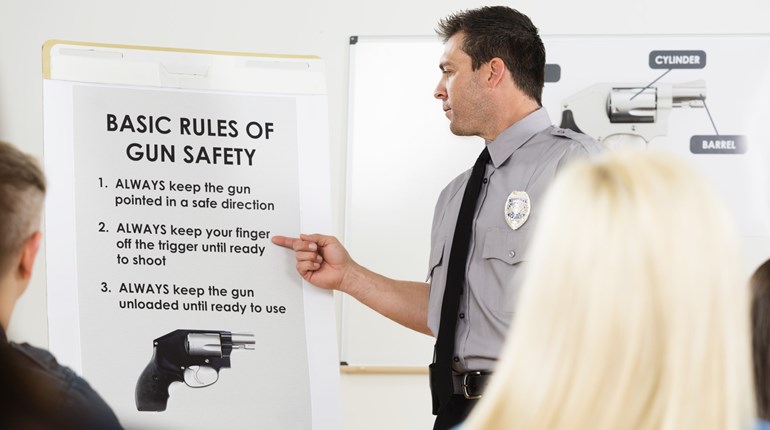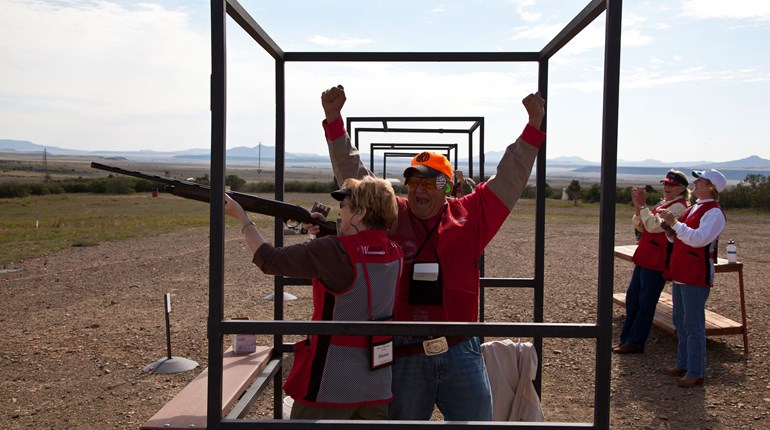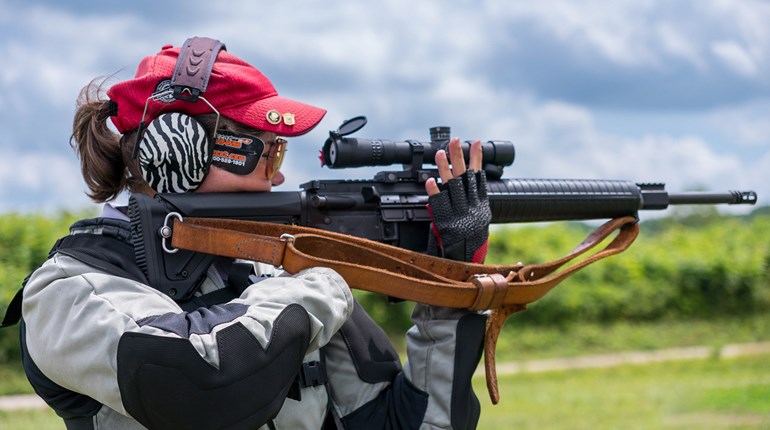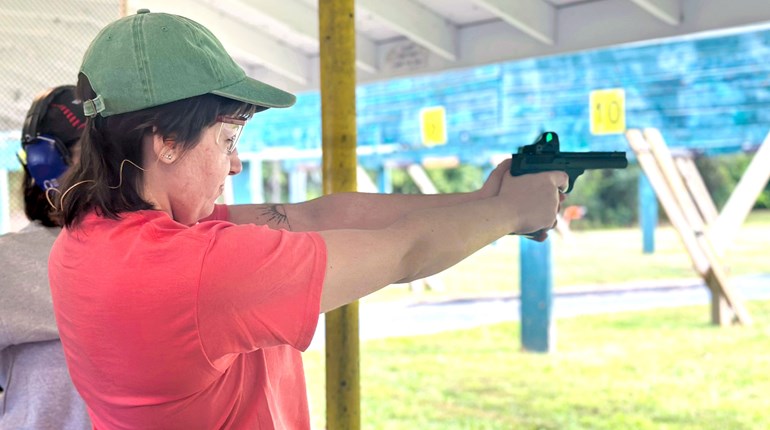
They called it the Cold War, and it was fought all over the world—by proxy, of course, and often with the wallet. For the rest of the world, it started shortly after the end of World War II; for me, it started when my military family was stationed at the rapidly expanding military base called Fort Drum. The Army chose that area to train its soldiers for a possible ground war in Russia; the fact that Drum was chosen over other bases located in Alaska ought to tell you something. If that doesn't, I will: It snowed 10 feet in one month our first year there. At Fort Drum, the "cold war" was quite literal.
Of course, one of the primary concerns for an infantry unit facing severe winter conditions is hypothermia. Drum was an ideal place not only to train soldiers to move in snow over their heads, but also to test the best ways to safeguard our troops against the potentially fatal drop in body temperature that hypothermia can cause. At the time, though, I was just a child who needed to acclimate to the severe cold. I did that quickly, easily and without noticing; by the following spring, I was wearing shorts and flip-flops on the first day the mercury rose above 50F, just like the natives did (and still do). I had gotten familiar with the cold.
The trouble is that familiarity breeds contempt. So when I moved away to Virginia, I didn't realize that I was shedding my ability to withstand the cold like a dog sheds its winter coat. And when I received my first invitation to go hunt fabled Nebraska whitetails during the December muzzleloading season, I didn't think anything other than, "Hooray!"
However, in the blind that very first morning of the hunt, I was doing all of the thinking I should have done earlier. I was thinking about the fact that my flight had landed in the very teeth of a brutal blizzard the likes of which I hadn't seen since my father was reassigned to warmer climes lo those many (many, many) years ago. I was thinking about the fact that although I was wearing the thickest Arctic-inspired wear I had been able to find, I was still pretty cold. I was also thinking that, as the only woman on the hunt, I really didn't want to be the one to wimp out and say, "This is too cold. I can't take it anymore. I can't feel my feet."
Here's the trouble with hypothermia: By the time you're in trouble, you're too far gone to know that you're in trouble.
What do I mean by that? Well, much has been written by people far more qualified by myself to describe what the symptoms of hypothermia are; how to treat those symptoms; how to avoid hypothermia and more. You should click on all of those links and read them, of course, but the thumbnail version of what happens is that once your body has surrendered the first stage of the Cold War, it's very hard for your mind to catch up. That's because the cold is affecting the very instrument you use to gauge your own health—your brain.
Back to the blind, that Nebraska morning when it was 20 below Fahrenheit with the wind-chill factor. I had forced myself to sit, motionless, for about three hours. Finally, when the rest of the hunting party gave up and called for a breakfast break, I realized that I needed to heed a call of Nature. Business concluded, I then started heading for the truck. And heading for the truck. And heading for the truck. Until suddenly someone picked me up by my armpits, spun me around, and asked me just where did I think I was going?
I had wandered about 400 yards in the opposite direction from a truck that had been clearly visible for the entirety of my little adventure. What's more, I had done so with absolutely no sense that anything was wrong. At no point did I wonder why it was taking so long to get to the truck. When I tried to reply to my savior, however, nothing came out but a slurry garble that sounded something like "Bshhfffv trk." I wanted to tell him what was going on, but my tongue wouldn't cooperate. And I'd kind of forgotten what I wanted to say, anyway.
According to the CDC, about 1,300 people die of hypothermia every year in the United States. I was very lucky; I wasn't alone when my body temperature dropped too low, and that's why I'm here to write this blog today. I kept all of my fingers, toes and the tip of my nose. However, that adventure wasn't without consequence. Ever since then, my tolerance for cold has gotten worse, not better. Thanks to COVID-19 and the thermometer I started carrying, I know that my core temperature drops sharply after only a couple of hours of exposure. In the Cold War, I suppose you could call me a member of the walking wounded.
This winter, please take the best precautions you can against hypothermia and frostbite ... even if we're not invading Moscow anytime soon.















































